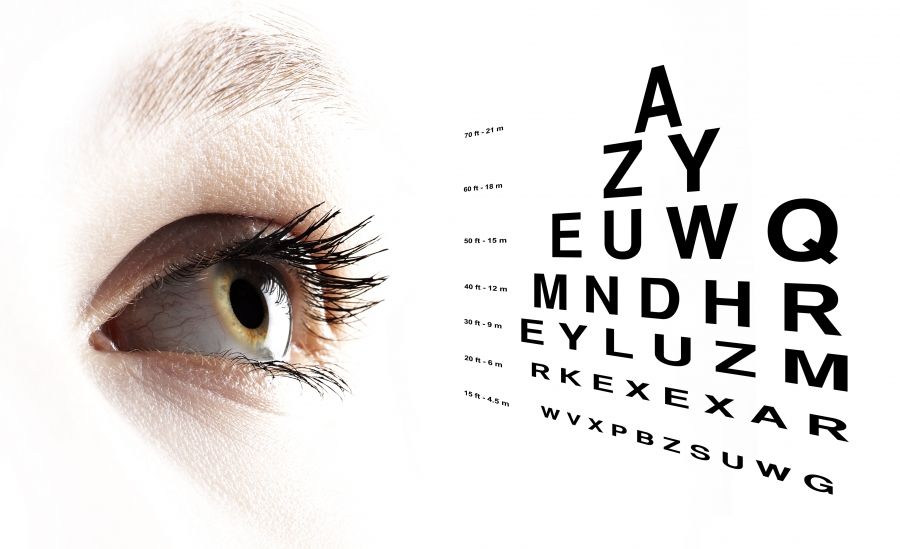When Nichole's sensitivity to glare and lights began to be more than a passing annoyance, causing her to have to pause in order see completely clearly again, she wanted to simply pass it off as a symptom of growing older. She just passed her 50th birthday so it would make sense. So it came as a complete surprise when her eye doctor explained to her that she was actually showing the first signs of cataracts. Of course, Nichole took the news with seriousness and listened with concern as her doctor explained what she could about delaying their further growth.
Being the most common cause of vision loss in people over the age of 40, cases of cataracts outnumber those of macular degeneration, glaucoma and diabetic retinopathy combined. Fortunately, there are measures we can all take to prevent their formation, allowing us to see more clearly as we age. These preventative steps can keep cataracts at bay:
Maintaining a healthy diet - A variety of studies support the idea that a diet rich in green, leafy vegetables is great for eye health as is avoiding high blood sugar as those with diabetes are at greater risk for developing cataracts. Boost your intake of foods that are high in anti-oxidants to stave off further growth.
Limiting those less-than-healthy “lifestyle choices” - No judgment here but smoking and drinking speed up the development of cataracts. Smokers are especially vulnerable but excess alcohol consumption also increases the risk beyond that of tee-totalers.
Donning those sunglasses - Though we may love to be doused in sun rays, they do carry with them enormous health risks; one of those being damage to our eyes. Whenever you are outdoors, shade your eyes with sunglasses that shield both UVA and UVB rays.
Getting to know your eye doctor - And letting him get to know you. Make sure to schedule and keep annual eye exams in order to keep vision disorders from creeping up on you. Like with other areas of health, prevention is always the best medicine when it comes to your vision.

